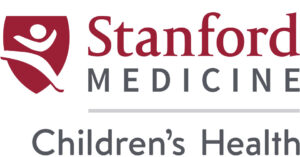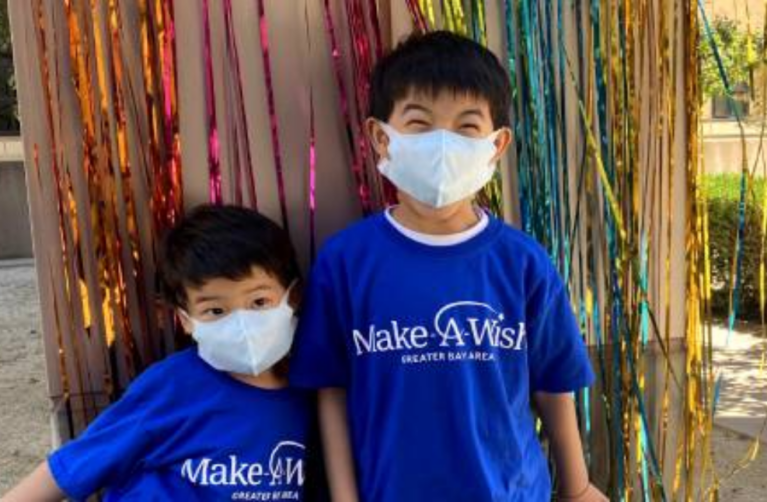Your support of the Children’s Fund will help more children get access to life-saving liver transplants.
The Stanford Maternal and Child Health Research Institute (MCHRI) uses your Children’s Fund gifts to support pilot grants in Community Engaged Research to Promote Health Equity. Peace Nkechinyere Dike, MD, a pediatric transplant hepatologist, is using her grant to address racial and ethnic disparities in pediatric liver transplantation.
“A liver transplant is an opportunity for a new life for many children,” says Dike, a clinical assistant professor of pediatrics (Gastroenterology, Hepatology, and Nutrition) at the Stanford School of Medicine. “I was drawn to this specialty because I saw the miraculous difference it made for these children and families.”
However, in the US, about 10 percent of children on the liver transplant waitlist die. Dike also saw the differences in access to liver transplantation and the disparities across racial and ethnic groups.
“How do we make access to liver transplants equitable?” asks Dike. “My research aims to close the inequity gap to improve access for all children to receive timely transplants. I believe that no child should die waiting for a transplant, and your access to a timely liver transplant should not be dependent on your race or ethnicity,” says Dike.
Dike partners with Bay Area community groups to inform her research and identify the barriers families and children needing a liver transplant face.
“I am grateful for the community’s support—from those who donate money to enable this research, to the organizations who partner with me.”
This article originally appeared in the Spring 2024 issue of the Children’s Fund Update.





